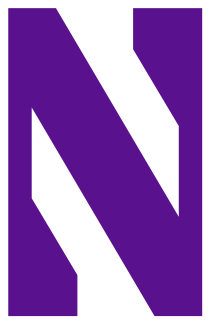The Messinger family has been a part of Carolina lacrosse for years. Messinger’s sister, Kaitlyn, graduated from North Carolina in 2012. Their uncle, Roy, played for the Tar Heels men’s team when it won NCAA titles in 1981 and 1982.
After watching her older sister practice on an official visit, Messinger, who finished her senior year at West Morris Mendham (N.J.) high school with 100 goals and 77 assists, setting school records for career points (400), goals (263) and assists (149), approached Levy to say she was coming to North Carolina, too.
“Oh my gosh!” exclaimed Levy. “Did you tell your family?”
Messinger had not told anyone. Not even her father, Craig, who played lacrosse at Penn, taught her the sport and was with her on the visit.
“You’re the first person I told,” Messinger said.
Messinger, who weighed just 72 pounds entering high school, showed Levy early on that she would not easily be intimidated.
“I’ve always been small,” she said.
After her team-in-progress proclamation, Messinger had the game-winning assist against Virginia, scored the game-winning goal against Northwestern and delivered North Carolina’s first ACC championship since 2002 with a goal in overtime to beat Syracuse.
“That just shows how clutch of a player she is,” McCool said.
After the Tar Heels defeated Penn State 12-11 in the NCAA semifinal at Talen Energy Stadium in Chester, Pa., for their ninth one-goal win of the season, Messinger and fellow senior Steph Lobb sent a group text to their teammates, requesting them to come to their hotel room at the Sheraton Society Hill in Philadelphia.
It was the night before the final game of the year. Only two teams were left standing — two-time defending champion Maryland and third-seeded North Carolina. For the third time in four years, the two would meet in the NCAA championship. The Tar Heels stunned Maryland 13-12 in triple overtime in the 2013 final, regarded as one of the best women’s lacrosse games ever played. The Terps came back from a three-goal halftime deficit to beat North Carolina 9-8 last year.
“We were there last year and had unfinished business,” senior goalie Megan Ward said.
Looking back, this year’s seniors wish they had said more to inspire last year’s team. Messinger and Ward, who memorably denied Brooke Griffin in overtime, both played big roles as freshmen winning it all in 2013. As did Sammy Jo Tracy, who scored the triple-OT winner.
Messinger called the meeting an intervention.
“Why do you really want to win this game? What does this game mean to you?” Messinger asked. “I wanted to go out with no regrets. I had the privilege of winning a national championship and losing one. I wanted to go out winning one rather than losing one.”
Carly Reed, a junior attacker who had a team-high five goals against the Nittany Lions, was a player who back in February said she considered her team a family. But in the hotel huddle, it finally felt real.
“I knew we were winning, because there was so much heart and so much emotion and everybody was going to go out there and do everything for each other,” Reed said. “You could actually feel it.”
One step closer to a good answer.































